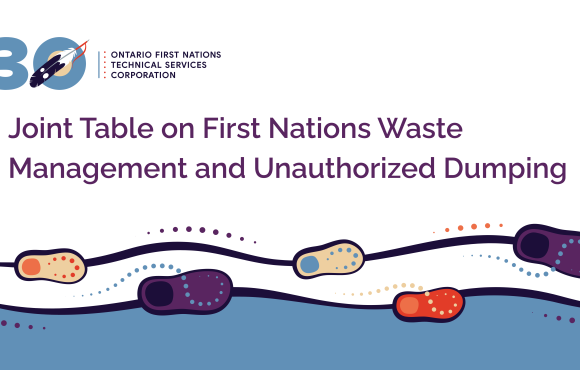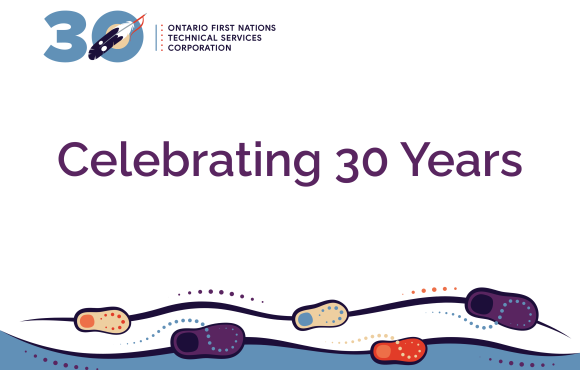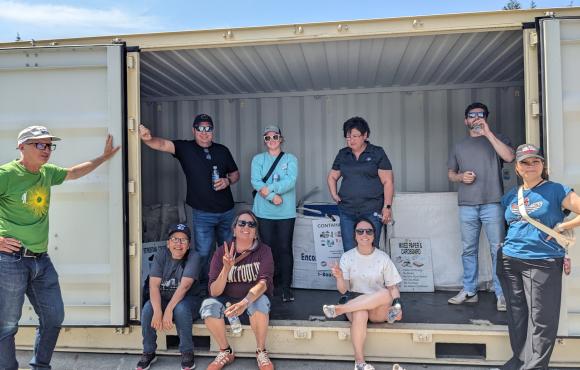
Issues and Options from the Joint Table on First Nations Waste Management and Unauthorized Dumping
BACKGROUND:
Prior to the launch of the First Nations Solid Waste Management Initiative in 2016, there was no dedicated support for waste management on reserve lands, leaving most First Nati


















